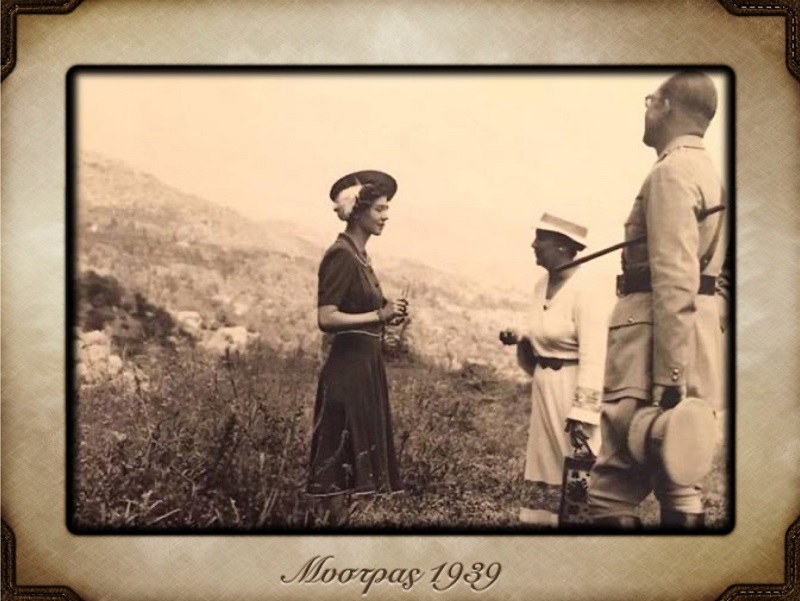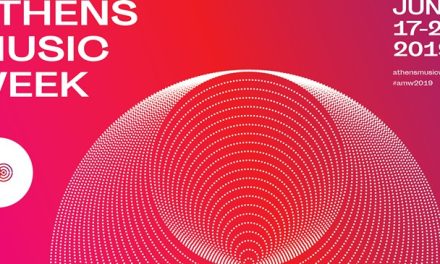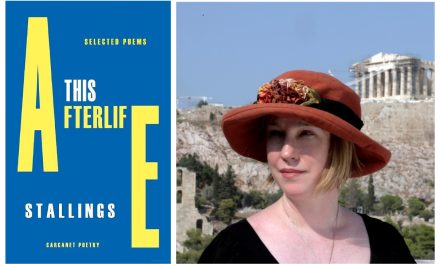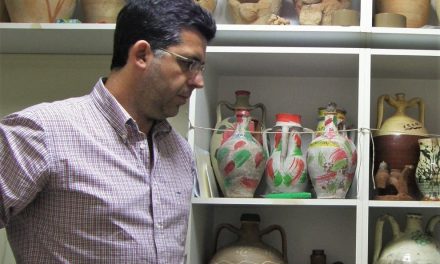Greek Tourist Guides are directly linked to tourism in Greece and the promotion of Greece’ s image abroad. Tell us a few words about the history and the institutional making of your profession.
The first official reference to Tourist Guide Training goes back to 1931 when the Tourist Guide School was founded for the first time by law in Athens. The School started its operation in 1935 and its graduates obtained an official guiding license from the Greek National Tourism Organization, GNTO. After WWII, tourism in Greece increased dramatically raising at the same time the demand for official guiding services in the historical and archaeological sites of the country. Aiming at covering those needs by highly educated professionals, the GNTO established the regular operation of the School of Tourist Guides in the 1960s. As a result, students graduated from the School on an annual basis acquiring a professional license which permitted them to guide throughout Greece. The most important law that defined the guiding profession was voted in 1977 (law 710 ref Guides) regulating the legal and institutional framework of our profession up to this day. Some amendments had to be made in order to align the Greek Law for Tourist Guides to the relevant regulations of the European Union. In the 1980s the Guiding School of Athens was further upgraded extending its course duration to a two-year program and in 1997 the School received an award by the EU Vocational Organization CEDEFOP as the best professional School in Europe. Five Tourist Guide Schools are currently operating in Greece in the city of Athens, Thessaloniki, Corfu, Rhodes and Crete under the jurisdiction of the Ministry of Tourism. Today 2,500 licensed Tourist Guides professionals cover guiding needs in 28 languages and work across the country.
Tourist Guides operate as intermediaries between visitors and the visited destinations. How do Greek Tourist Guides perceive this role and how do they deal with the diverse international audience with whom they come into contact?
Whereas in most countries tourist guides are licensed to work locally, the Greek Tourist Guides are licensed to conduct tours throughout the country including the mainland and the islands or Greece. Thus, the tours we lead differ in duration and can last even for two weeks. We travel by land, by sea and by air with our guests.
As a result, our programs are particularly comprehensive exceeding by far simple visits at museums and archaeological sites, and, rather, presenting our visitors the opportunity to broaden their horizons by experiencing a wide range of approaches to Greek culture, from the natural world and geology to religion, traditions, attitudes, gastronomy, political situations and international relationships. We interpret the cultural tangible and intangible heritage of our country and explain to our guests not only what they see, but also what is behind the scenes. At the end of such programs the traveler connects all the information and comprehends in depth the Greek cultural phenomenon.
Moreover, a Tourist Guide may go a step further and establish associations between the historical reality of Greece and that of the visitor’s country of origin highlighting common grounds. By way of example, 2021 is the year Greeks celebrate a 200-year anniversary from the War of Independence in 1821. References will be made by the Guide to the French Revolution when guiding a French audience, to the American War of Independence when with Americans and to the uprisings and the foundation of modern Latin American States to Latin American visitors. By creating images and emotions of one’s own experience, the Guide will enable foreign visitors to get direct insights into specific historical events of our country.
Guiding is not only about leading someone to explore a new country but also about bridging different cultures.
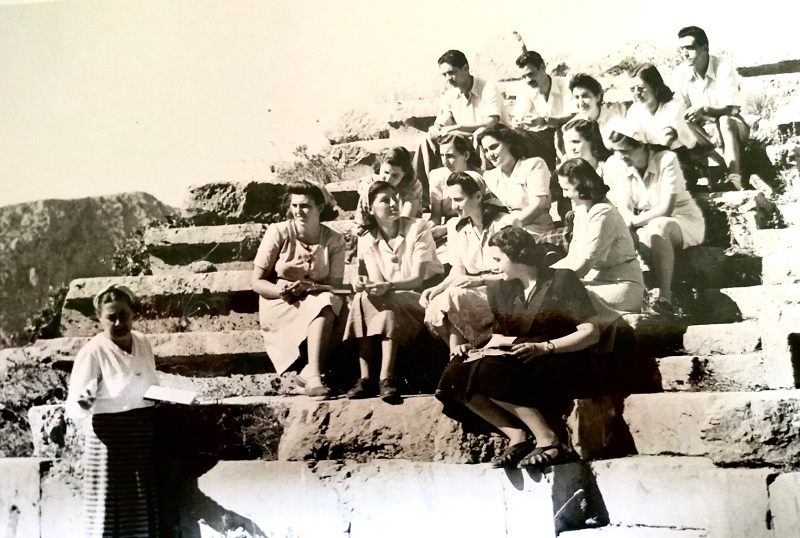
Apart from Tourist Guides contribution to the archeological and historical tourism, in what other forms of tourism are tourist guides involved, taking into consideration the increased demand of visitors concerning alternative forms of tourism? Is there any cooperation between tourist guides and other tourism stakeholders in Greece when it comes to the development of new programs responding to new global trends?
Greek Tourist Guides are active citizens and as professionals they keep constant contact with foreign visitors. Thus, they possess increased awareness of the current reality and the dynamically changing tourism product demands. Moreover, the School of Guides contributes tremendously to the proper preparation of its graduates and adapts its curriculum to meet the latest requirements of tourism. As a result, Greek Tourist Guides are perfectly competent to respond to the current trends of tourism.
The services of the Licensed Tourist Guides cover a wide range of subjects giving them the facility to answer questions visitors have on every aspect of life in Greece. Their activities range from gastronomy to the discovery of nature and agrotourism including visits to wineries, olive presses, cheese factories, juice producing factories, fish farms, beekeeping units, as well as walks in nature pointing out the biodiversity of the country, its rich fauna and flora, its herbs and mushrooms. Besides, Tourist Guides are also keen to emphasize aspects of cityscape tours such as the urban landscape, culinary culture, the architecture of buildings and the history of town centers, even streets that are named after mythological figures giving the opportunity to narrate ancient myths and biographies of great men and women of the country. Tourist Guides are trained to offer their services at highly demanding situations, and they are for example able to lead religious groups to pilgrimages sites such as those included in the so-called ‘Steps of Apostle Paul’ in Greece.
Tourist Guides are actively involved in the designing of tour programs in Greece. Due to their profound experience in field work and their everyday interaction with foreign visitors, they are the ones who obtain direct insights into their actual needs and interests. Acknowledging and appreciating this professional advantage, Tour Operators consult Guides when drafting their tour plans in order to achieve the best possible conditions for a well-planned program.
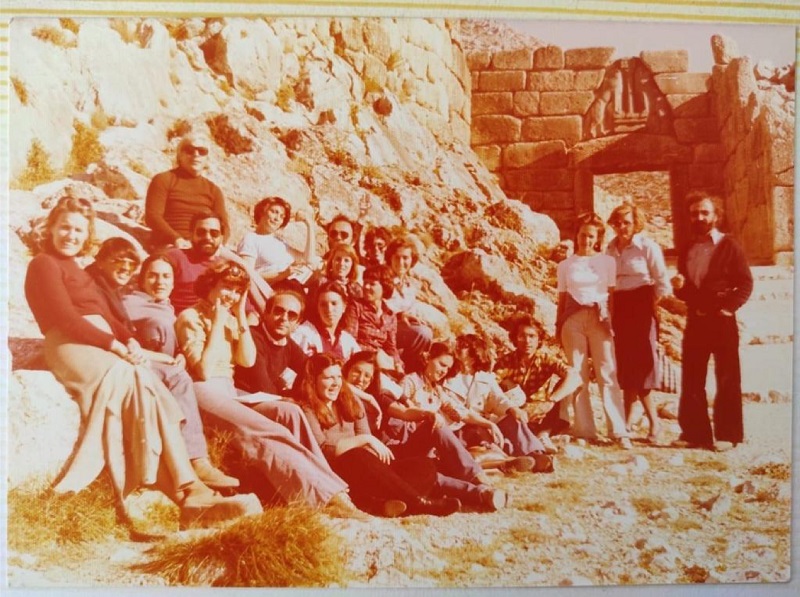
The Association of Tourist Guides recently organized an online lecture about the way that ancient Greek and Byzantine monuments in Turkey are presented by Turkish guides to visitors and about the way Turkish visitors perceive the monuments of these periods in Greece when they visit the country. What should be the role of Tourist Guides in dealing with such issues? How should Tourist Guides approach history so as to facilitate mutual understanding?
Tourist guides cover a wide range of issues not only related to the past but also to current history and everyday life. Foreign visitors regardless of their nationality, are always interested in learning about Greece’s role in the two World Wars, Greek – Turkish relationships, the economic crisis and recently the handling of the pandemic. Concerning these issues visitors very often carry their own memories and opinions based on their personal experiences, their education and information.
A Tourist Guide often has to explain events that are linked to the nationality of the visitor. These topics must be discussed in a historical and objective way, based on facts and academic studies. We may walk on thin ice but as well-trained professionals we have the ability not only to present the historical truth together with the position of our country without creating any tension and misunderstandings, but also to build bridges of communication at the same time. Our personal opinion must be put aside.
We acknowledge the responsibility that we have towards our visitors and through our personal relationship we make them feel welcome. This is the key to Greek hospitality. We introduce the beauties of our country to the visitor but also help them better understand the history of Greece and its people from the past to the present. The goal is for them to enjoy their holiday and return to their country with positive feelings of a beautiful and meaningful experience that they will share with their family and friends.
Many members of your Association hold master’s or doctoral degrees. To what extent are Tourist Guides organizing their work according to scientific evidence and in which cases do they use stereotypical narrations that are more easily understood?
Most Tourist Guides choose this profession because of a profound inherent sense of curiosity and avid learning desire which remains unchanged throughout their professional career. That also explains in part their parallel studies in related or other fields and accounts for the impressive number of Greek Tourist Guides possessing higher education degrees from various institutions.
Guides must constantly keep updating the knowledge and the information they transmit to their visitors. Skilled Tourist Guides combine past and new information to meet the needs of their audience. Even those who possess rich academic CVs must develop the ability to popularize complex concepts and turn them into easily and pleasantly digestible presentations for less educated visitors.
Adaptation of information is sometimes more important than the information itself because of the variety of audiences.
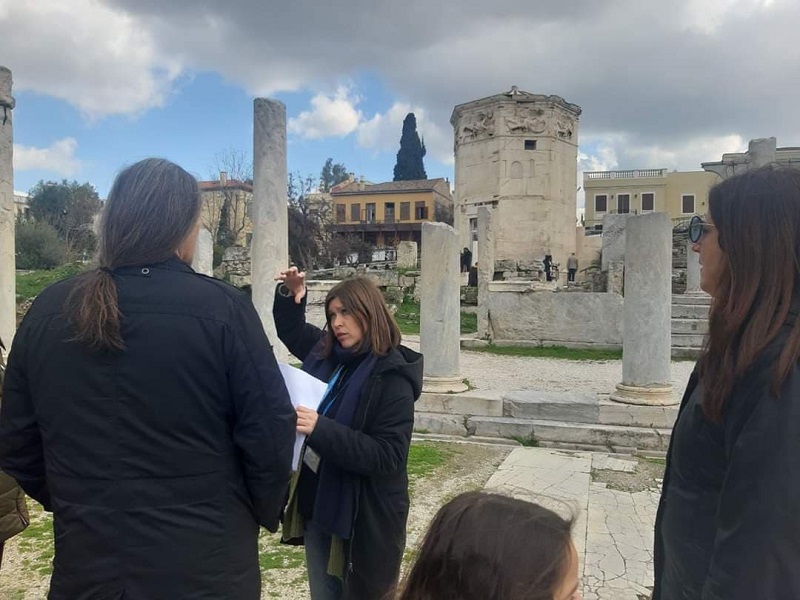
The evolution of new communication technology offers new possibilities in the guiding sector. Do you think that this evolution can threaten the Tourist Guide profession? In your opinion what should be the role of the tourist Guides in the new digital era?
There are some applications that offer full guided tours step by step in some archeological sites. A few years ago, audio guides also appeared in Greece but were never widely adopted. Some clients prefer this kind of a guided tour especially because of the lower cost and also because some visitors wish to follow their own pace.
However, a guiding application has a very specific way of presenting a site or a museum and provides adapted information. In a one-to-one guided tour, visitors can ask the tourist guide for further information or ask questions about things they did not understand or clarifications on something that drew their attention, or even discuss some of their thoughts on a relevant theme.
We strongly believe that the charm of a guided tour is to be found in a person-to-person interaction and human communication, which is irreplaceable. The live narration, the performance and the ability of the Tourist Guide to capture the changes in the mood of their audience and to adapt the tour accordingly cannot be replaced by technology.
The interview was given to the bulletins of the Secretariat General for Greeks Abroad & Public Diplomacy in English, French, German, Spanish and Italian.
Photos: Greek Association of Licensed Tourist Guides
TAGS: HERITAGE | INTERNATIONAL RELATIONS | TOURISM

